Nature-based Education: Journals & Articles
Further resources, if available, can be found in our full bibliography.
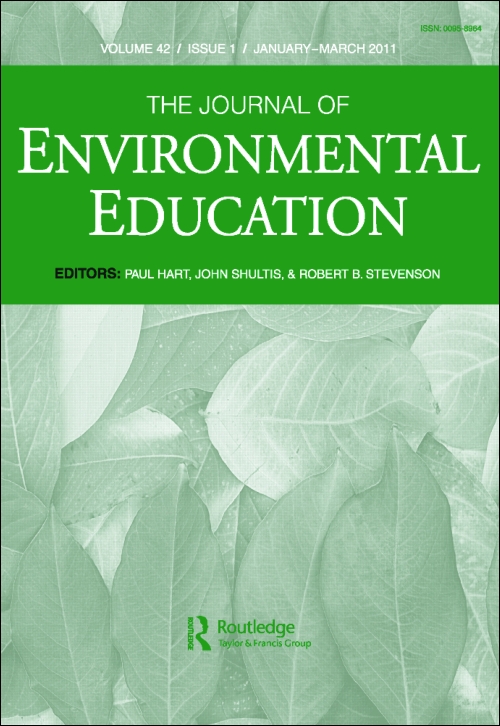
The Journal of Environmental Education (JEE) is a bimonthly, international forum for critical and constructive debate on all aspects of research, theory and praxis in environmental and sustainability education and related areas. The journal publishes refereed research papers that include quantitative, qualitative, mixed, and post-qualitative, as well as philosophical and theoretical analyses. JEE also invites work that employs alternative research approaches, such as posthuman and transhuman research, transgressive inquiry, diffractive analysis, social cartography, and other innovative lines of inquiry.

"The Conservationism of a Nature Educator: Anna Botsford Comstock"
Karen Penders St. Clair
The conservationism of Anna Botsford Comstock lies not in one particular focus of activism to preserve a particular aspect of the natural world. She shared in inspiring the collective belief of her time that it was crucial that the human imprint on wild and natural landscapes be understood. Instilling this love and appreciation of the natural world, and to know that humans also play a crucial part as participants, is the capstone achievement of Comstock’s work.
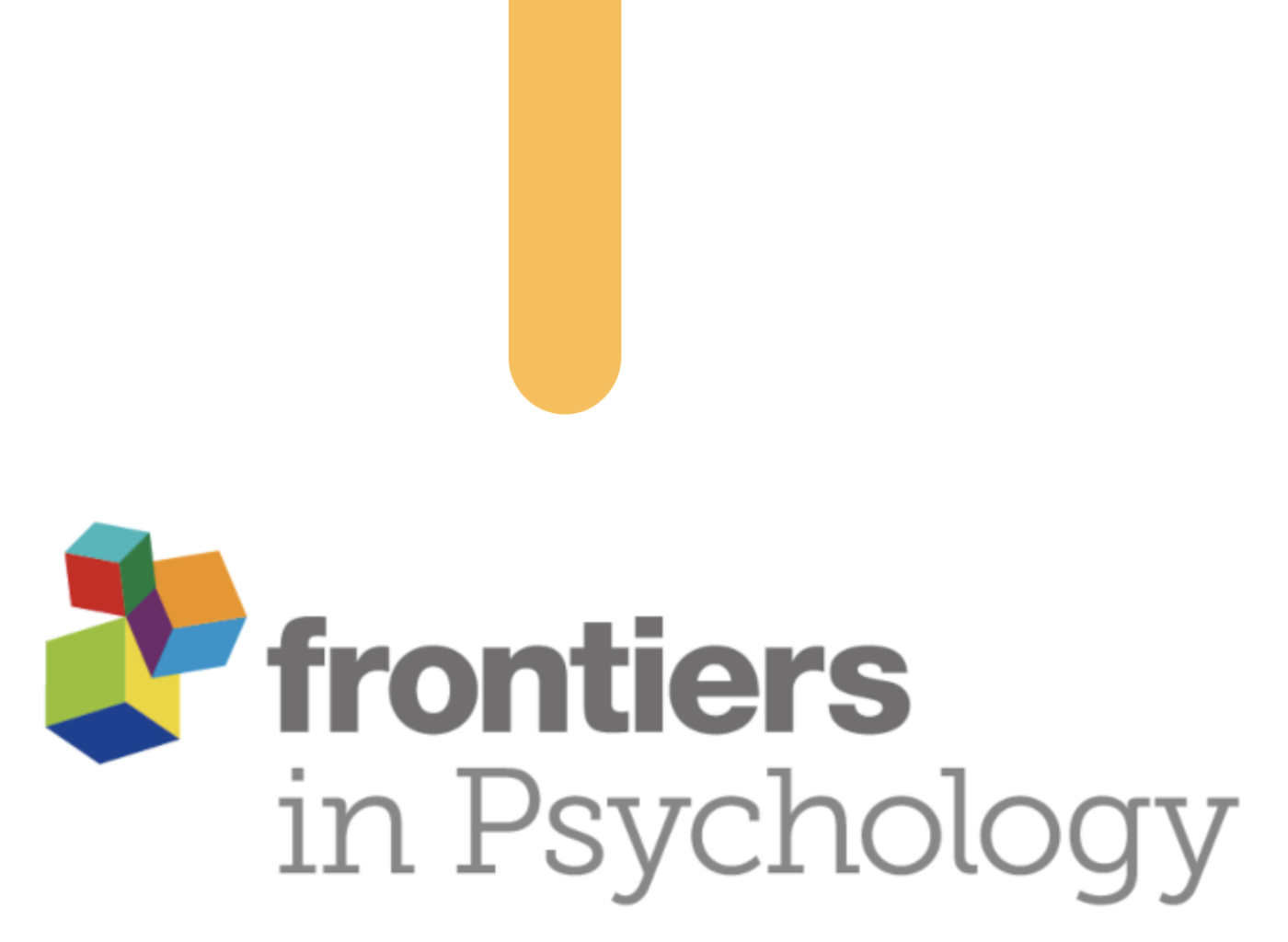
"Do Experiences With Nature Promote Learning? Converging Evidence of a Cause-and-Effect Relationship"
Ming Kuo, Michael Barnes, Catherine Jordan
This brief integrative review summarizes recent advances and the current state of human understanding. The research on personal development and environmental stewardship is compelling although not quantitative. Report after report–from independent observers as well as participants themselves–indicate shifts in perseverance, problem solving, critical thinking, leadership, teamwork, and resilience. Similarly, over fifty studies point to nature playing a key role in the development of pro-environmental behavior, particularly by fostering an emotional connection to nature. In academic contexts, nature-based instruction outperforms traditional instruction. Nature may promote learning by improving learners’ attention, levels of stress, self-discipline, interest and enjoyment in learning, and physical activity and fitness. Nature also appears to provide a calmer, quieter, safer context for learning; a warmer, more cooperative context for learning; and a combination of “loose parts” and autonomy that fosters developmentally beneficial forms of play. It is time to take nature seriously as a resource for learning–particularly for students not effectively reached by traditional instruction.
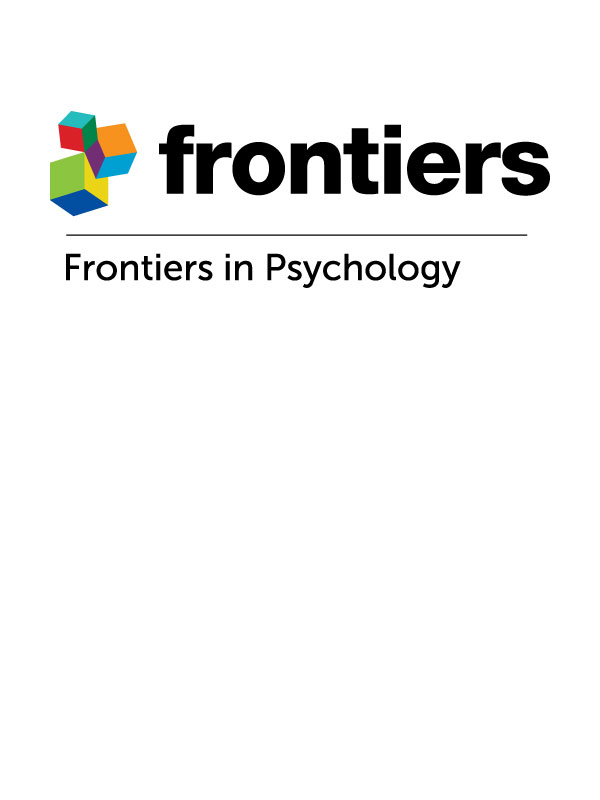
"Nature play in early childhood education: A systematic review and meta ethnography of qualitative research"
Jannette Prins et. al.
Play in nature-based environments in childhood education has positive benefits for child development. Although previous reviews showed the benefits of play in nature-based environments for child development they did not attempt to understand how and why nature-based environments contribute to play quality. This review aims to explore the value of play in nature-based environments compared to non-nature-based environments for developmental outcomes of young children (2–8 years).
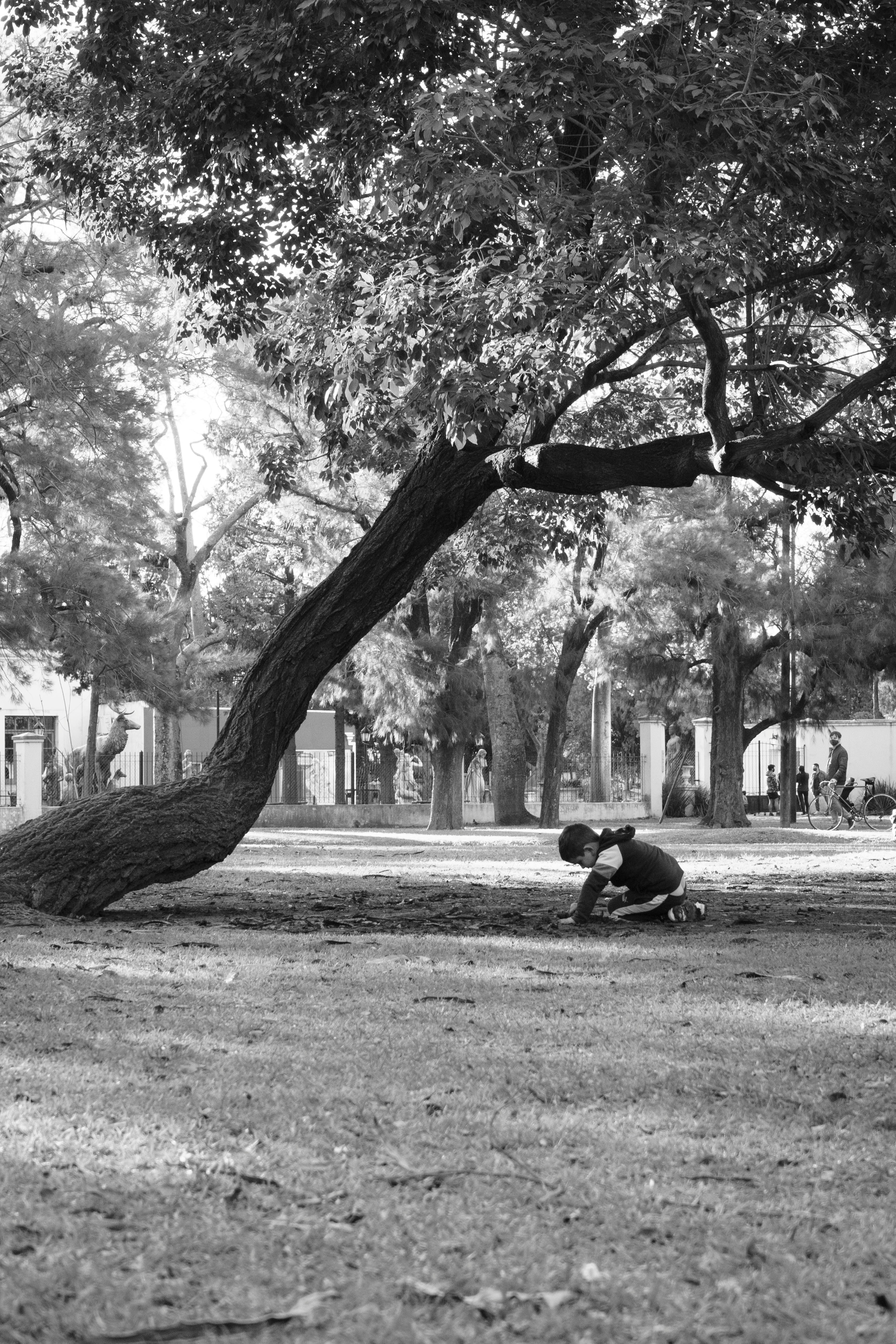
In this article, Nicolette Sowder makes the case that integrating nature into children’s education can foster creativity, improve mental health, and enhance learning outcomes. She highlights the benefits of outdoor classrooms and nature-based curricula, which can help reduce stress, promote physical activity, and deepen students’ connection to the more-than-human world. The piece also emphasizes how outdoor learning can provide a more inclusive, equitable educational experience, addressing gaps caused by socioeconomic disparities. The author advocates for systemic changes in U.S. schools to prioritize outdoor learning, suggesting that such practices could cultivate a generation better equipped to address environmental and social challenges.

Indigenous land-based education is a process that centers respect, reciprocity, reverence, humility and responsibility as values connected to the land through Indigenous knowledges–a very different view from the Eurocentric mindset, which has long understood land as a resource and object to serve human uses, much to the detriment of the living world. Indigenous land-based education has important implications for science, culture, politics, language, environmental stewardship, land rights, reconciliation–and the future of the planet.
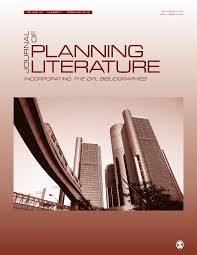
"Benefits of Nature Contact for Children"
Louise Chawla
This review examines different ways that contact with nature can contribute to the health and well-being of children. Applying the capabilities approach to human development for a broad definition of well-being, it traces research from the 1970s to the present, following shifting research approaches that investigate different dimensions of health. A compelling body of evidence exists that trees and natural areas are essential elements of healthy communities for children. They need to be integrated at multiple scales, from landscaping around homes, schools, and childcare centers, to linked systems of urban trails, greenways, parks, and ‘‘rough ground’’ for children’s creative play.
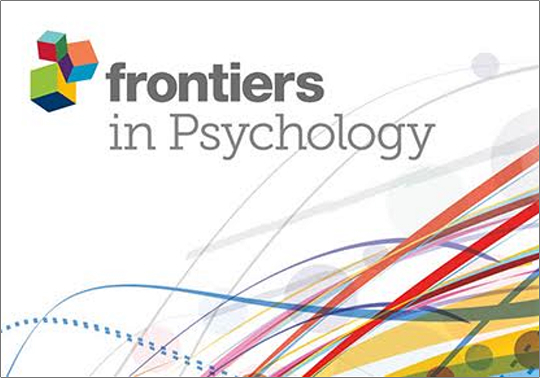
"The Effects of Contact With Nature During Outdoor Environmental Education on Students' Wellbeing, Connectedness to Nature and Pro-sociality"
Sabine Pirchio, Ylenia Passiatore, Angelo Panno, Maurilio Cipparone, Giuseppe Carrus
Experiences of contact with nature in school education might be beneficial for promoting ecological lifestyles and the wellbeing of children, families, and teachers. Many theories and empirical evidence on restorative environments, as well as on the foundations of classical pedagogical approaches, recognize the value of the direct experience with natural elements, and the related psychological and educational outcomes (e.g., positive emotions, autonomy, self-efficacy, empathy). In this work the authors present two studies focusing on the contact with nature in outdoor education interventions with primary and secondary school students in Italy.
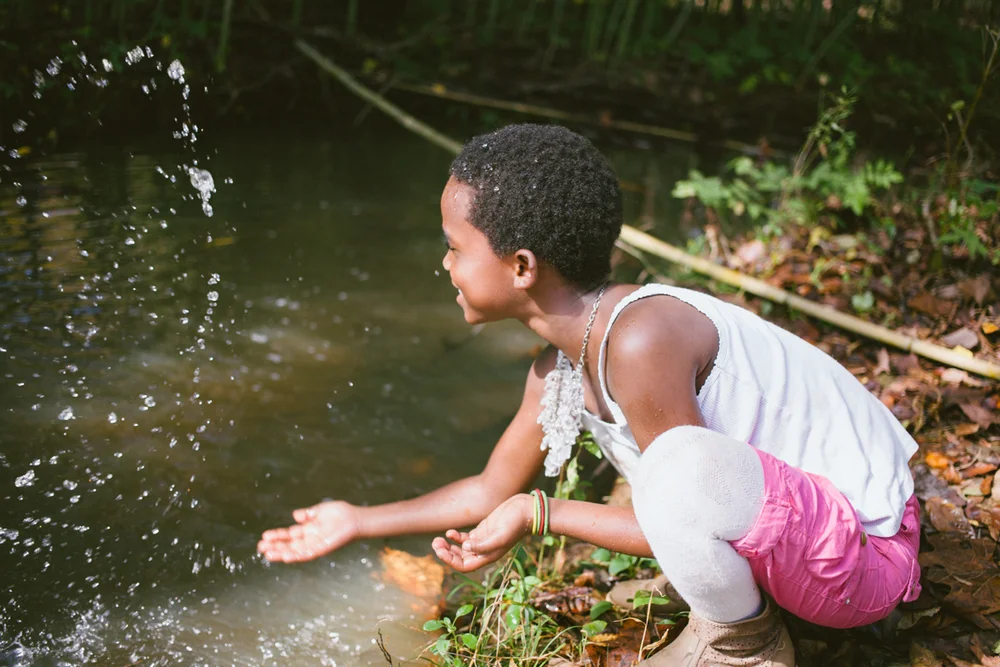
This essay is a contemplative exploration of how deep, intuitive understanding arises when the boundaries between the knower and the known dissolve. Drawing inspiration from the teachings of cultural historian Thomas Berry and the work of the Center for Education, Imagination and the Natural World, Whalen-Levitt challenges the dominant materialist and rationalist paradigms of Western education. The piece includes an ethnographic method for documenting this way of working with children in the natural world, as well as many examples where children enter into a relational way of knowing. The piece ends with Martin Buber’s consideration of the differing modes of perception involved in “knowing” a tree in I and Thou.
Photo Credit: Katrin Bolovtsova/Unsplash